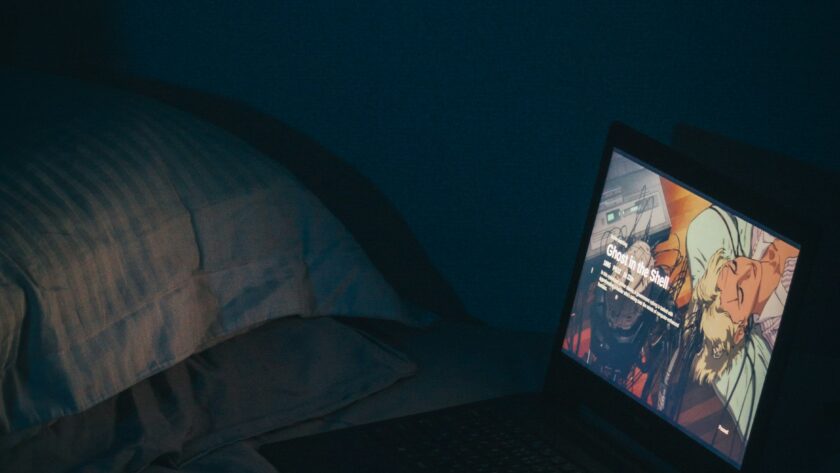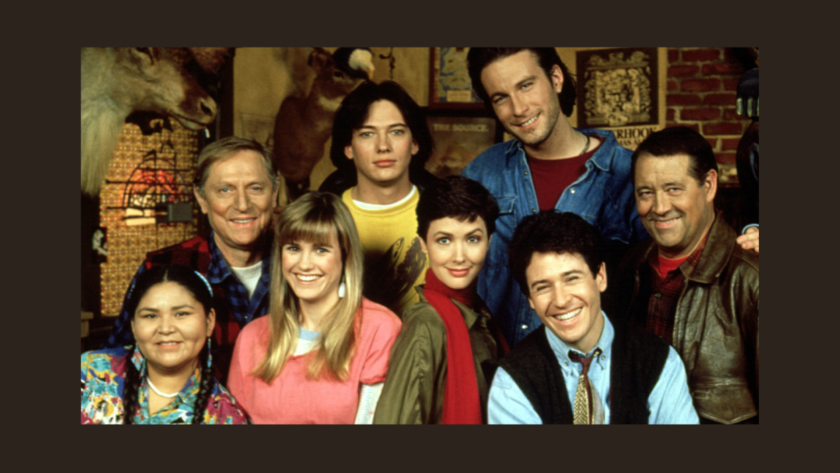Q: How do you master the art of getting a treatment into four pages? Does it just take practice?
JYS: This is a great question. It all comes down to simplicity, clarity, and knowing the story you want to tell. You should be able to tell your story in one sentence, so four pages should be luxurious. I bet that you could write a treatment for Jaws in four pages quite easily!
Q: I have trouble distinguishing a treatment versus a ‘scene-by-scene’. I think you’re right in that the story of Jaws could be told in four pages, but a detailed scene-by-scene – which is what some people see a treatment as – would be very difficult to précis in such a way.
JYS: A treatment for me is how you would tell your story in a pub. It flows, it’s short and punchy, whereas a scene-by-scene is a much more detailed document, more akin to a blueprint.
Often, different shows call different documents by different names, and unfortunately that’s no real help to you. You just need to clarify with a show what exactly they are expecting from you. Some shows call a treatment an outline, and then call a scene-by-scene a treatment. It can be very confusing, but what every producer will want is a brief description of your story.
You can write a story in four pages, and still include lots of detail. Scene-by-scenes can be extremely detailed or not at all. Every writer writes them differently. As an example let’s look at the scene-by-scenes that come in for John Yorke’s Red Rock. There are eight episodes and four writers. One pair of episodes tells the story scene-by-scene in four pages, while another pair takes twelve. What we’re expecting from you is for you to tell your story in the most imaginative and exciting way possible, whilst keeping it concise. No producer in the real world is going to read a huge document.
Excite me, tantalise me, drag me into your world of drama – and don’t bore me with irrelevant detail.
Q: In terms of moving forwards after the course, how much does networking help to get your work noticed?
JYS: Networking is vital. Make lots of friends, give your card out, make people promise to read your script – nicely – and be charming, funny, and not too pushy. Make sure you go to see lots of different people. This industry is tiny. Nobody believes us when we say that, but it is. Everybody knows somebody who has worked with somebody who is a mate. Just get yourself out there!
Q: In your experience, what is the best first approach when trying to get a story made? Send a treatment, full script, or something else?
JYS: Initially, you need to have a brilliant calling-card script – a full, finished script so that they can work out if you can write or not. That script is never likely to get made, but it will open doors for you. It’ll get you seen and get your name known, and then, if you’re lucky, they will ask you for ideas. That’s when the process starts.
Q: Is an agent an essential piece of the puzzle?
JYS – Ideally, an agent is a must, as it means producers will take you more seriously. In terms of new writers getting agents, many will take on new faces. When you get in contact, ask them what their protocol is in terms of submissions for representation. The agent will then invite you to submit a script, they’ll read it, and if they like it they’ll invite you in for a chat. It can be very hard, but definitely not impossible. The most important thing is that brilliant, finished script, so if that’s on the way you’re half way there!



